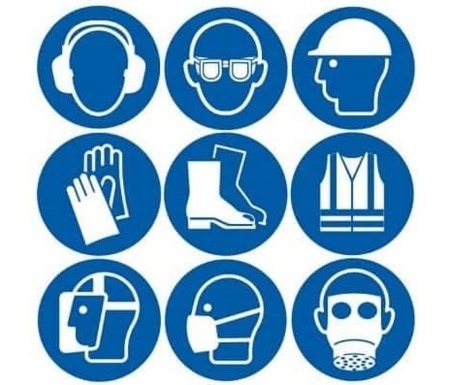What is a constructive dismissal?
We tend to think of our working contracts with employers as setting out what is expected of employees. However, any working contract also determines what is to be expected of the employer in this relationship. When an employer is evidently in breach of this contract or behaves in such a way that severely damages the trust and confidence an employee has in their employer, this can be grounds for an employee to cease working for that employer without giving notice. The legal term ‘constructive dismissal’ refers to this situation.
A constructive dismissal claim can be made when an employee is forced to leave their workplace under conditions such as in the examples below. If, when reading the following, you recognise aspects of this taking place in your workplace or have had an experience that is similar, it is first important not to ignore such a situation. If you are considering making a claim, there are different requirements based on statute and common law. Firms that offer legal advice and work directly with solicitors are best placed to break down this kind of detail, such as the information here: https://www.employmentlawfriend.co.uk/constructive-dismissal
Four examples:
1. Your employer has failed to pay you
If your employer does not pay you as agreed in your contract, this could be a case for constructive dismissal. Remember that, in all the situations described here, you must take this up directly with your employer as soon as possible. Failure to do so may be considered an acceptance of the working conditions and may weaken your case if you do decide to make a claim. Make sure you raise a grievance first or indicate in writing that you are working ‘under protest’ as soon as possible.
2. You have been given a different role for no reason
If your role changes suddenly, or you find that your employer’s expectations of you conflict with the contract agreed between you, then this could also be relevant to constructive dismissal. Working in a role or sector without adequate training and in situations you cannot be expected to understand can be dangerous and is one of the ways a contract protects employees.
3. Your employer has allowed harassment or discrimination against you without investigation
Any harassment or discrimination within the workplace should be taken extremely seriously and all employers are required to have processes in place for dealing with such incidents. While it can be difficult to talk about experiences such as these, you should never ignore it. If you have made your concern known to your employer and they have failed to follow up with any investigation or action, you are entitled to resign from your role and claim constructive dismissal.
Remember, there are many services available to support you through such a decision and many that offer support for such experiences that can have a serious impact on your physical and mental health
4. Your employer has put you in danger by not meeting Health and Safety regulations
You have a right to work in an environment and role that safeguards your health and does not put you in danger. This includes the provision of adequate Personal Protective Equipment or PPE. If your employer fails to provide this or does not keep your working conditions to the standards set by Health and Safety regulations such that you no longer feel safe carrying out your work, then ceasing work and making a constructive dismissal case may well be appropriate.





